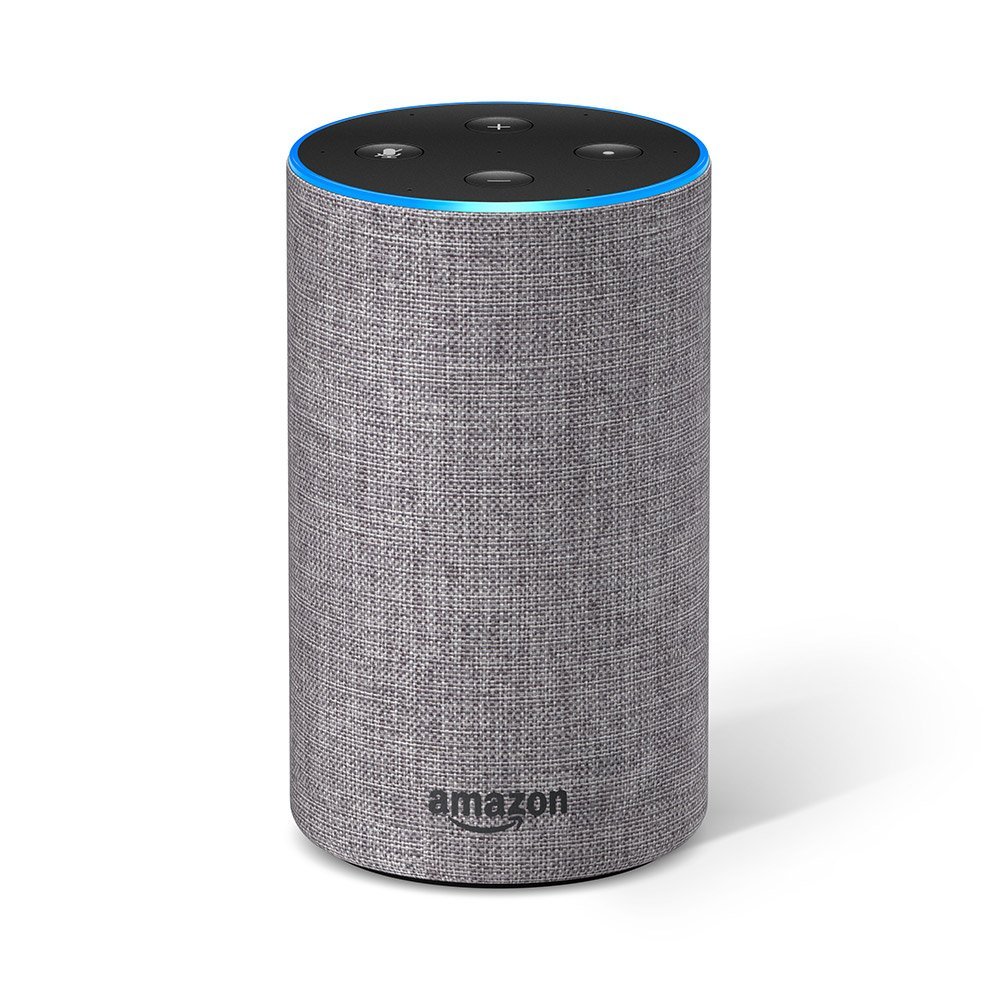Smart speaker ownership nearly doubled during the pandemic, increasing from 22% of households in 2020 to 39% earlier this year, according to recent data. But why do people buy them, and why do others choose not to?
Why people are buying smart speakers and what non-owners think
A study of 100 smart speaker owners and 15 non-owners who tested one found that people mainly use their smart speakers to listen to music, radio, news, and weather updates. Many people said they listened to the radio more than they had before, and that their smart speaker allowed them to listen to a wider range of stations. Some disabled people said a smart speaker had had a significant impact on their lives, giving them greater independence and helping them manage their conditions and abilities.

People who don’t have a smart speaker either don’t see the point or see it as a luxury rather than a necessity. A few were concerned about being listened to, and a few mentioned that they had heard of other technology being hacked. Most people used their speakers with little concern and did not think about risks on a day-to-day basis.
A large proportion of participants anthropomorphized their smart speakers, referring to them as “he” or “she”. Some people also asked questions in a conversational manner and even read “intent” or “personality” in responses and mistakes.
Ofcom’s latest data shows that 27% of smart speaker owners get their news from their device. Most of our research participants saw their smart speaker news as an addition to more in-depth news coverage, using it for instant headlines but returning to TV, print, or online news for more detail if needed. There was a mix of views as to the extent that people liked their speakers to personalize or tailor their content. Some appreciated the improved user experience they felt this gave them, while others found it unsettling and disliked relinquishing too much control.
RELATED:
- Oppo Air Glass 2: Lightweight and Durable Smart Glasses with Enhanced Features
- Here’s how to watch the Oppo Find N2 series launch event
- Oppo Find N2 Flip’s Purple Variant Appears in Live Shot Before Launch
- Oppo A58x 5G Launched with 90Hz Display, Dimensity 700, 13MP Dual Cameras
- OPPO OHealth H1 announced with 6 built in health data monitoring features for the…
(source)







